Should Harvard Modify Its Litigation Position in Litigation with the Federal Government?
A Supreme Court decision on August 21 may prompt Harvard to reconsider part of its litigation position in its suit against the Federal Government.
Background. Harvard has filed suit in the U.S. District Court of Massachusetts against the Government to restore over $2 billion of grants because, Harvard claims, the Government’s freezing and termination of the grants violated the First Amendment’s protection of free expression and various federal statutes. Harvard also challenged the Government’s banning of Harvard from future contracts. One of the Government’s primary defenses is that Harvard’s action to restore the grants was filed in the wrong court because only the U.S. Court of Federal Claims (the CFC), based in Washington, D.C., has jurisdiction to hear claims relating to government contracts, which include government grants.
Earlier this year, the U.S. District Court of Massachusetts, in another case (American Public Health Association v National Institute of Health), held that a new Administration policy adopted by the National Institute of Health (NIH) was invalid. Consequently, the District Court also held that research-related grants terminated under that policy should be restored, immediately renewing the flow of funds to the plaintiffs. The Government sought a stay of the judgment from the U.S. Circuit Court of Appeals for the First Circuit during appeals, arguing that it was likely to succeed in its appeal on its CFC jurisdictional defense. The First Circuit denied the Government’s request, and the Government then asked the U.S. Supreme Court to stay the judgment. The Supreme Court, in a 5-4 decision, granted the Administration’s request for a stay of the judgment with respect to existing grants, suspending any Government obligation to pay money immediately. At the same time, it denied a stay with respect to the new policy used by the Government to issue future grants. Justice Amy Coney Barrett was the deciding vote, siding with the three liberal Justices and Justic Roberts on the denial of the stay on the policy and siding with the four other Justices on staying payments under the grants.
What’s the Issue? The four Justices voting to grant a stay on all aspects of the judgment did so because they believed that the entire case should have been filed in the CFC. In her separate opinion, Justice Barrett agreed that the grant termination damages case should have been filed in the CFC. But she noted that a challenge to a new administrative policy declaration was properly in district court. She expressly disagreed with the four dissenters’ argument that once the court had jurisdiction over the administrative decision, it could proceed to address the grant termination. She also noted that a stay is appropriate when a party cannot get back money it has paid out during an appeal, and the plaintiffs in the case had admitted they could not repay the Government the money paid during the appeal period if they lost on appeal.
What Can Harvard do to Avoid This? This case has two clear implications for Harvard. First, if it prevails in the District Court, to avoid a stay of the judgment, it must provide evidence of the ability to repay the Government if it ultimately loses on appeal. Despite Harvard’s very substantial endowment, this might be difficult. Throughout the District Court proceedings, Harvard has emphasized its need for a quick decision because it lacks the resources to carry the grant programs on its own. So, the Court may now need to reopen the record to secure evidence on the issue if the Court was going to rule in Harvard’s favor to restore the grants. Second, and most importantly, it seems that five Justices believe that the grant termination portion of Harvard’s litigation needs to start over in the CFC. Thus, Harvard faces a substantial risk that the District Court or a higher court will dismiss the grant restoration part of its case for lack of jurisdiction.
